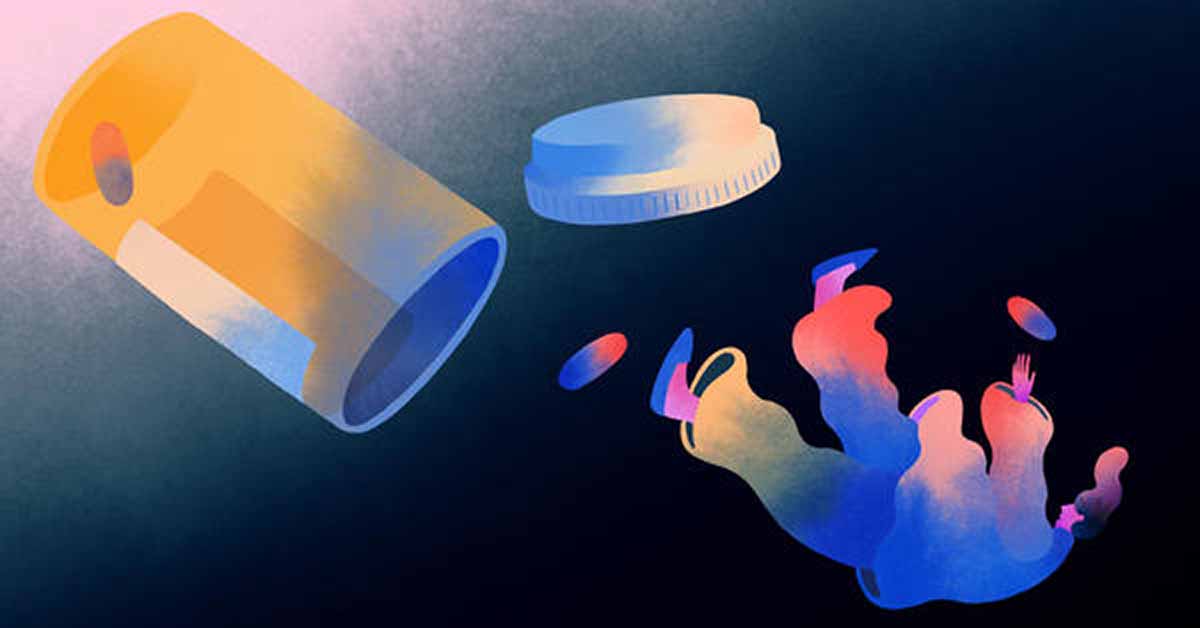After a nationwide poll, National Public Radio (NPR), the Robert Wood Johnson Foundation, and Harvard’s TH Chan School of Public Health recently issued a report summarizing their findings on income inequality. The report, entitled “Life Experiences and Income Inequality in the United States”, presents an eye-opening look at life in America for those with middle ($35K-$100K) and lower incomes (<$35K).
One section of the report deals specifically with healthcare and prescription drugs, often the bane of families coping with food allergies and concomitant health issues like eczema and asthma.
This graph from the report sums up the issue for many of our readers who are struggling to pay for emergency epinephrine devices, a must-have for people with food allergies:

About half of all middle and lower-income Americans with prescription drug insurance did not fill a prescription after their insurance denied coverage for the drug.
We know from the feedback we receive from our readers that many fall into this category, forced to forgo filling their prescriptions for emergency epinephrine due to cost and lack of coverage.
It is unimaginable that many in the US — even those that are considered middle-income and have prescription drug coverage — are forced to decide between feeding and sheltering their families and filling prescriptions for life-saving drugs.
We urge you to take a few minutes to listen to this NPR report and share it with your friends and family. Help spread the word that changes to our healthcare system are necessary because many are being left behind:
- When Insurance Won’t Cover Drugs, Americans Make ‘Tough Choices’ About Their Health — National Public Radio
- Income Inequality Report: January 2020 — Harvard TH Chan School of Public Health
Sweets for Your Sweetie: The 2020 Valentine’s Edition of the Safe Snack Guide!





